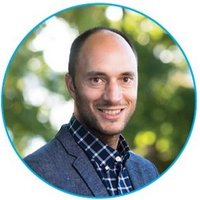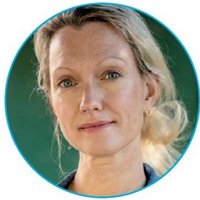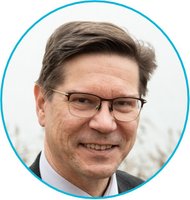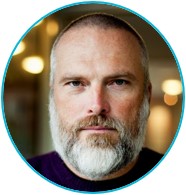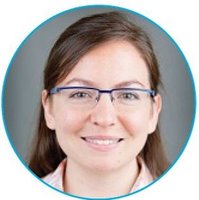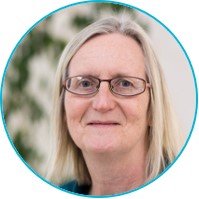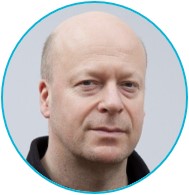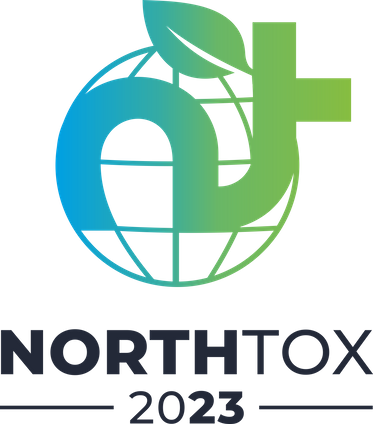NORTHTOX 2023
Toxicology in the Anthropocene
The first NorthTox meeting was held in Stockholm,
Aula Magna, Stockholm University,
April 20-21, 2023.
The NorthTox Hybrid Conference is a new Nordic collaboration that aims to catalyze the interactions between Nordic toxicologists, and strengthen the field of toxicology in the Nordic region. The scientific theme of the first NorthTox meeting was “Toxicology in the Anthropocene” and the program focused on the multifaceted links between planetary health, biodiversity and human health, and aimed to describe the important role of toxicology in the work needed for the successful transformation to a safe, sustainable society. The meeting had four sessions, which included both invited speakers and oral presentations selected among the submitted abstracts. There was also a poster session with poster awards, and other activities specifically for Early Career Toxicologists.
Thank you all who joined us at NorthTox 2023 and contributed to make it such a great event!
Thanks to all of you who submitted abstracts to NorthTox!
All accepted abstracts can be found here.
NorthTox invited Speakers
Click on bold names to read bio- sketch and abstract!
Scientific Sessions
01.
New challenges for ecotoxicology
Chairs:
Joachim Sturve ,
Universtiy of Gothenburg
Jussi Kukkonen,
University of Eastern Finland
A substantial amount of chemicals and polymers utilized in our society will eventually find their way into the environment, impacting both terrestrial and aquatic ecosystems. Not only are new classes of contaminants of emerging concern (CECs) being introduced into the environment, but there are also significant amounts of legacy chemicals already present in various parts of the environment, such as in sediments. Thus, it is crucial to monitor the impacts of these chemicals on ecosystems. To achieve this, we must enhance current monitoring methods and develop novel biological effect markers, so called biomarkers. Additionally, we need to better understand how CECs affect key organisms within the ecosystem.
This session will address ecotoxicological monitoring strategies, development of new biomarkers and ecotoxicological effects of CECs.
02.
Safe and sustainable by design. Toxicology's pivotal place in the development of green and sustainable chemistry and processes
Chairs:
Ian Cotgreave,
Research Insitutes of Sweden (RISE)
Penny Nymark,
Karolinska Institutet
Safe and Sustainable by Design (SSbD) is a bedding concept aimed at fostering the transition towards earlier assessment of potential hazards and risks of chemicals and materials, i.e. during innovation. The European Commission has recently adopted the Joint Research Centre-developed framework for SSbD, which sets the basis for formulation of criteria and policies supporting operationalization of the concept. This session will cover different elements of the concept, including the pivotal role of toxicology and new methods, life cycle assessment aspects and challenges facing industry and the regulator. A panel discussion will explore how joint Nordic action by research institutes, industries and regulatory authorities may contribute best to implementation of SSbD within the EU.
03.
New toxicological issues in the transition to a sustainable society
Chairs:
Klara Midander,
IVL Swedish Environmental Research Institute
Hubert Dirven,
Norwegian Institute of Public Health
Civil society as well as industry and business are undergoing a transition towards fossil-free, toxic-free and more sustainable environment as well as a circular economy. Likewise, toxicology is in a transition phase in which the use of New Approaches Methodologies will increase with a subsequent reduction of animal testing. Furthermore, there is an increased focus on such chemicals that we are really exposed to. In this context, pure material flows and closed loops become of great importance to avoid hazardous substances from being recycled and thereby protect the society. This will require careful labeling and control of the chemical content of products, as well as new assessment tools for toxicologists. The one health concept proposes to consider human, animal, and environmental health as interconnected and thus provide an approach that can help to tackle the new toxicological issues in the transition to a sustainable society.
04.
Strategies and emerging methods for testing in toxicology
Chairs:
Oskar Karlsson,
Stockholm University
Terje Svingen,
Technical University of Denmark
21st century toxicology aims to rely more on new approach methodologies (NAMs) for chemical testing and regulation, rather than traditional animal testing strategies. This requires robust methods that capture correct endpoints for intended toxicity testing, which rely on solid mechanistic understanding of causal toxicological pathways. This session will include talks on both opportunities and challenges with NAMs strategies, and new insight into mechanisms of action for key toxicological events.
Future toxicologists
The early career activities are applicable to a wide audience, from master students to post docs in toxicology and related firelds. The event will be centered around networking and professional career development, with activities geared toward presenting different career paths for both current and future toxicologists.

